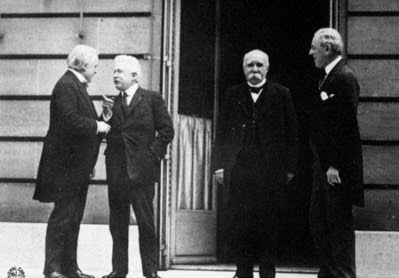
Lollard – n - An English or Scottish follower of the religious teachings of John Wycliffe from the 14th to the 16th centuries.
Wycliffe (1320-1384) was an early reformer. Luckily for him, he had powerful protectors, which is why he died of a stroke instead of at the stake. 40 years after his death, his remains were exhumed, burned, and the ashes dumped in the Thames. His offense was claiming that scripture was the highest authority, only God could forgive sins (no priest required), indulgences were a scam, and the papacy and purgatory, not being scriptural, had no validity. I've stated before that I don't hold with Sola Scriptura, and Wolf was good enough to provide an example in support of my argument (work on the Sabbath), but I can't find the flaw in Wycliffe's arguments. Neither could John Hus (1372?-1415), who was burned at the stake by the Council of Constance. Neither could Martin Luther.
I know I have a tendency to get melodramatic, but I hope you'll take me at my word when I say that my study of Christian history has traumatized me. Once I get past the first eight centuries or so the story turns ugly. The early Christians were mostly sincere, dedicated, and courageous (they had to be). The stories of Paul, Ignatius, Polycarp, Perpetua and Felicitas, Irenaeus, Augustine, Gregory, Patrick, Columba, Columbanus, Boniface - I could go on for pages - are inspiring.
How did we get from them to men like the later popes? The first John XXIII was deposed by the infamous Council of Constance for, amoung other charges, rape, murder, and incest. Alexander VI, the former Roderigo Borgia, had eight children by three concubines; he had earlier celebrated his appointment as cardinal - at age 25 - with an orgy! Julius II, who commissioned Michaelangelo's painting of the ceiling of the Sistine Chapel, had three illegitimate daughters and a terminal dose of syphillis. Again, I could go on for pages. (On the other hand, there were still pious, holy Christians in the Church - Pope Nicholas V and Saint Catherine of Sienna are two prominent examples.)
The practice of burning heretics also bothers me. When a Gallic church burned eight heretics around 370, they were condemned up one end of Christendom and down the other - not least by the Bishop of Rome himself. Seven centuries later it was SOP. I make allowances for different times, different ways, but still - how could the idea of subjecting human beings to an agonizing death be reconciled with the teachings of Jesus?
I wish I had space enough and time to go into this more.
I'm undergoing a personal reformation, and I'm in turmoil. I don't subscribe to the Christianity for Dummies school, but I'm also no longer on board with their opponents. What's an aspiring Christian intellectual (don't laugh) to do?
(I hope I don't have to say that I'm not referring to Sola Scriptura Christians with that Dummies crack. You know what I mean. Also, instead of an Exquisite, I'm offering a picture of Wycliffe. More pretty girls coming next week.)
Footnote: Derivation of the word Lollard is uncertain. My sources think it may come from the Dutch word lollen (to mumble), a word applied to religious eccentrics and vagabonds.
Invitation: A member of our select group informs me that her friends sometimes check this blog. I offer them my apologies for my inappropriate Exquisite entry and my assurance that I intended no offense. I also invite their comments.




















.jpg)
